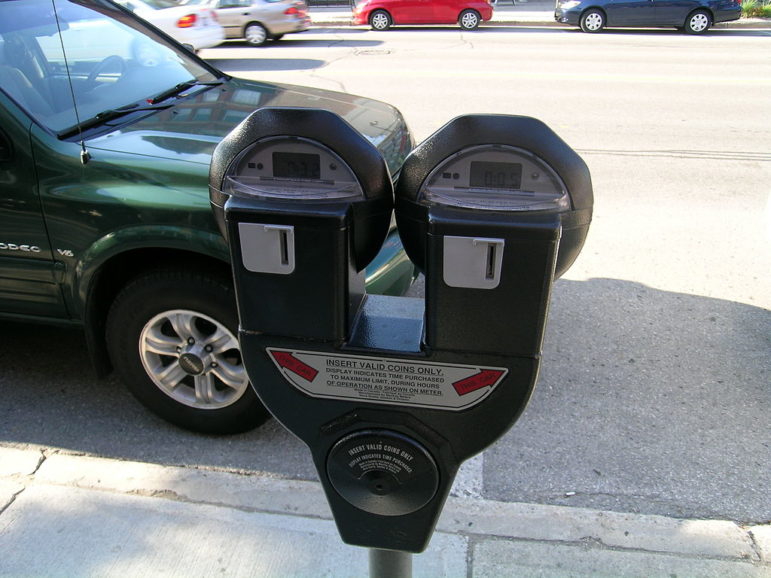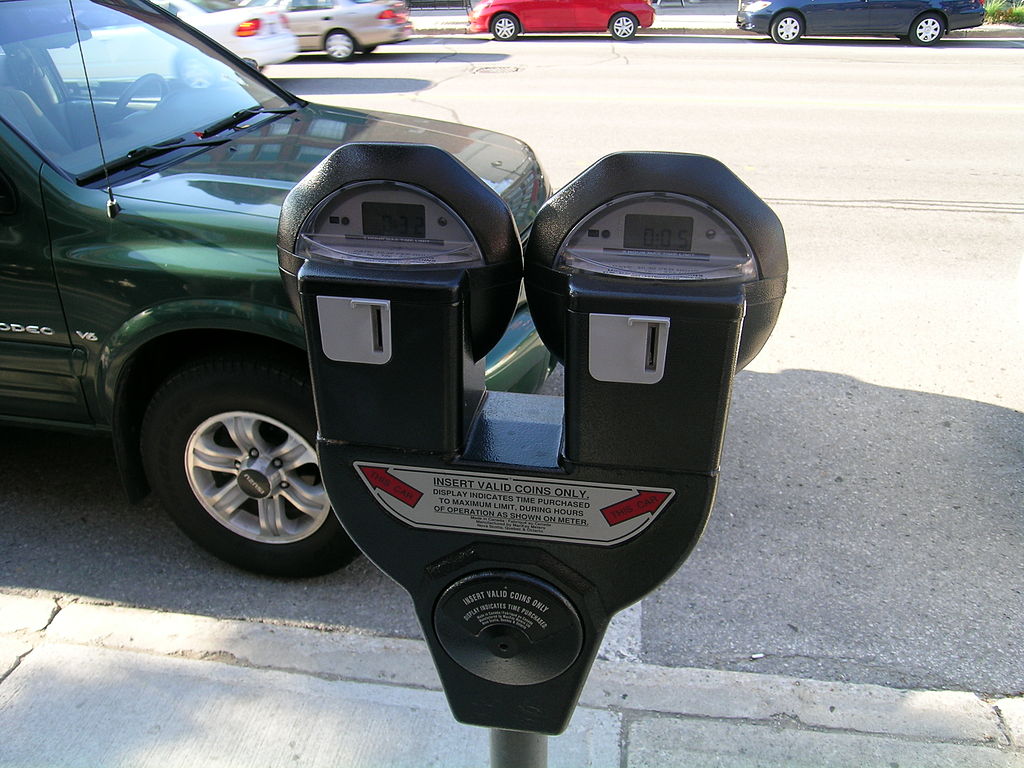
Watertown’s parking lots will be getting new meters which allow for paying by credit card and with cell phone apps in the parking plan approved by the Town Council on Tuesday night.
The Parking Management Plan was the result of studies that go back to the fall of 2018. It included studies of how parking is used in Watertown, public meetings and surveys and presentations to the Council’s Joint Committees on Public Works and Economic Development & Planning.
Other parts of the plan look at pricing of meters and who sets them, way-finding signage for the municipal lots, looking at finding private lots for the Town to partner with, and even creation of a pedestrian path through the lot near the Watertown Library.
Parking Meters
The Council had already approved $132,500 for parking meter purchases on July 14. The solar-powered meters will be purchased in November. The meters will accept coins, as well as credit card payments. Assistant Town Manger Steve Magoon said the pay-by-phone option will be available, too, but some details have to be worked out.
“I will be unequivocal, we will have pay-by-phone,” Magoon said when asked by the the Council about that option. “It will not represent additional cost to the Town in terms of procuring meters. We are negotiating with two companies to do that.”
While pay-by-phone and credit card payments won’t have a cost to the Town, the companies do charge customers with transactions fees of 25 cents for credit and 15 cents for phone payments. These costs are standard in the industry, according to the subcommittee report.
The new meters allow for adjusting payments for parking, and the length of time a vehicle can be parked. Initially, Magoon said, the vendor recommended putting no limit on amount of time people can park at meters, and adjust to price to encourage people to park for shorter durations. The subcommittee members were concerned that commuters or employees might use them all day, Councilor Ken Woodland said, reading the subcommittee report.
Currently, parking rates are decided by the Traffic Commission, but there was discussion by the subcommittees to give the Town administration the ability to change the prices based on demand. The Traffic Commission did not want to give up the authority over parking rates, and said it could react quickly enough to make changes. A vote was taken at a meeting, which later had to be nulled because the meeting was not properly posted ahead of time, Woodland said, reading from the report.
Other Changes
Another effort called for putting in way-finding signage to direct people to parking lots, and give lots official names. Magoon said that this week an advisory group met to look at options for signage and names. He said their findings will be presented at a Council subcommittee meeting in the near future.
Along with the parking meters, the Parking Management Plan looked for ways to provide more parking in key areas. One move is to encourage employees to park farther from the businesses.
“The basic premise is to move all-day employee parking permits to further away, to underutilized spaces, so more desirable spaces closer to stores could be freed up for customer parking,” Woodland read from the report.
The Town will look to find more parking in private lots. The spaces could be shared by the Town during hours when not used by the owners. Councilor John Gannon said that he has seem similar partnerships work in another community.
“When I was City Attorney we negotiated with private parking lots in Davis Square and and other popular squares and it turned out to be a win-win situation for both the owners of the lot, and the city and as well as residents in dire need of parking in that location,” Gannon said. “I believe it would be a tremendous benefit for Watertown.”
Improvements to municipal lots go beyond the meters. In the lot behind the Watertown Free Public Library a temporary shared use path is being created, Magoon said. The Town got an $85,000 grant from the Mass. Department of Transportation to work on the path through Saltonstall Park and link it to Church Street.
“This would be a pilot project, using mostly paint and temporary barriers, to test changes before creating a more permanent plan for a shared use path through Watertown Square all the way to Mt. Auburn Street. It will provide a safer way to walk or bike through this segment of Watertown Square, and will inform the future plan for the Community Path,” the subcommittee report reads.
After a discussion about reversing the direction of Wells Street in Coolidge Square, the subcommittee decided not to make that change.

I applaud the use of smart meters, but hope they don’t lock people out of parking who might not have credit cards or smart phones. Is there an override system?
Also, I really object to having to pay for parking at the library. It’s a community resource and a government office. Other nearby libraries have free lots (Newton/ Belmont). Why don’t we?
Thanks!
Check out the story, coins still allowed
How do those of us who have senior free parking be affected??
Good question. They did not speak about that but I assume it will work the same way. There will still be parking e forcement officers who decide about tickets.
It’s imperative that employee parking is offered. Pre-Covic I parked full days in the lot behind CVS in the 8- and 10-hr meters as my office was in the Otis Building. It doesn’t feel fair to be dinged with increased fees for longer durations, having to run out every 2-hrs to feed a meter or paying higher fees to pay by credit card from my office. Parking permits from the Town required reapplying every 3 months with no guarantee each quarte so could be a waste of time. Thank you for considering offering parking even if it’s a bit further away.